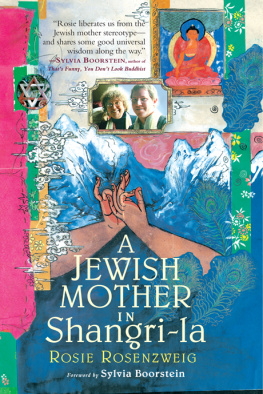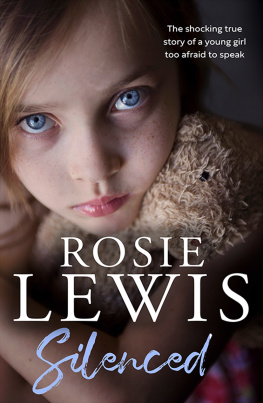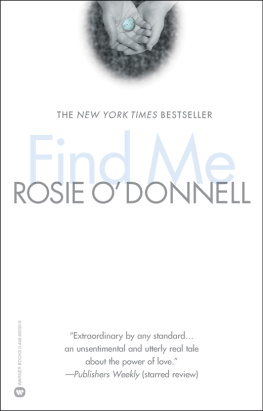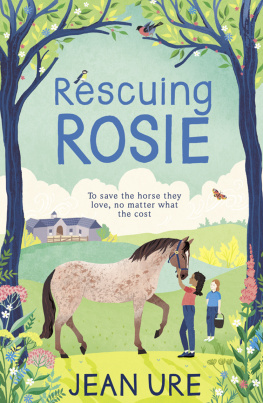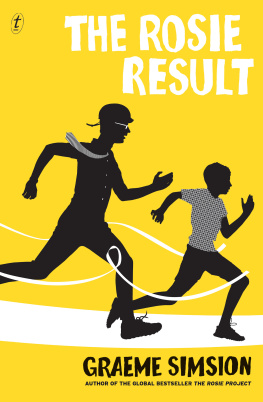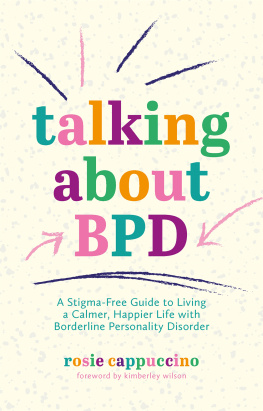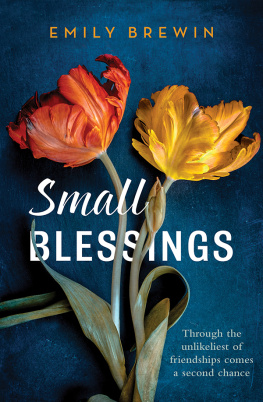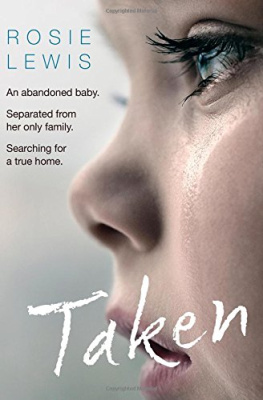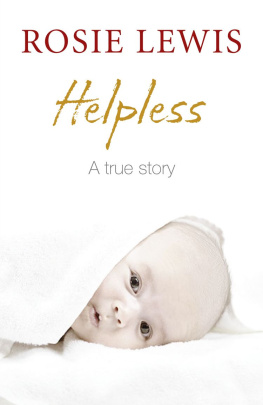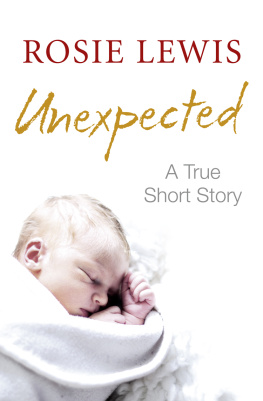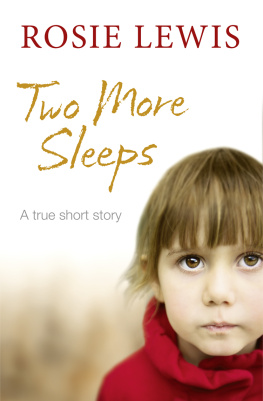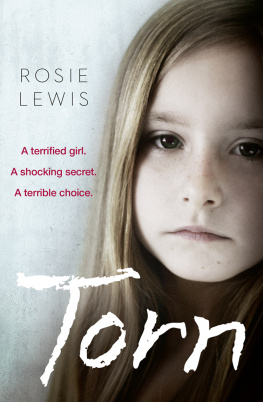Rosies spiritual journey, motivated by her love for her son and sustained, but not constrained, by her fidelity to her own religious tradition, inspires faith that sincere, illuminating irreligious dialogue, on behalf of all participantson behalf of all beingsis a possibility.
Sylvia Boorstein, author of Thats Funny, You Dont Look Buddhist
ABOUT THE BOOK
An old joke tells of a Jewish woman who treks to the Himalayas to seek an audience with a guru sitting in seclusion on a mountaintop. When at last she comes before him, she implores: Sheldon, come home!
Rosie Rosenzweig became that Jewish motherbut in real life, the story has a different ending. Instead of asking her Buddhist son, Ben, to come home, Rosie accepts his invitation to find out about Buddhism firsthand. Together they visit retreat centers in Europe and Asia and meet leading meditation masters who are Bens gurus: Vietnamese teacher Thich Nhat Hanh and Tibetan lamas Tulku Urgyen Rinpoche and Chkyi Nyima Rinpoche. While struggling to come to terms with Bens choice of a spiritual path so different from everything that she cherishes, Rosie finds that she is learning more about herself than she anticipated.
The adventures of Rosie recounts take her from her Boston suburb to a Zen hermitage in France, an enclave of Tibetan Buddhists in Nepal, and finally to her own spiritual home in Jerusalem. Whether she is practicing mindfulness meditation, sharing a cup of tea with a Zen master, or worrying about bowing down to idols, Rosie is intent in her quest to find common ground between two ancient traditions, to deepen her understanding of her son, and to find a way to her own authentic experience of truth. Hers is a mission of peace that seeks to build a bridge of understanding between cultures and faiths while remaining true to her own Jewish identity.
ROSIE ROSENZWEIG is a poet, journalist, Jewish educator, and the author of The Jewish Guide to Boston and New England. The mother of three grown children, she lives with her psychotherapist-husband in Wayland, Massachusetts.
Sign up to learn more about our books and receive special offers from Shambhala Publications.

Or visit us online to sign up at shambhala.com/eshambhala.
A JEWISH MOTHER IN SHANGRI-LA

Rosie Rosenzweig
FOREWORD BY
Sylvia Boorstein

SHAMBHALA
Boston & London
2012
SHAMBHALA PUBLICATIONS, INC.
Horticultural Hall
300 Massachusetts Avenue
Boston, Massachusetts 02115
http://www.shambhala.com
1998 by Rosie Rosenzweig
Cover art by Emily Betsch
Lyrics from You Are the One (Reb Nachmans Prayer), from Renewal of Spirit, by Debbie Friedman (based on Reb Nachmans prayer) 1995 by Deborah Lynn Friedman (ASCAP), published by Sounds Write Productions, Inc. (ASCAP). Reprinted in chapter 15 by permission.
All rights reserved. No part of this book may be reproduced in any form or by any means, electronic or mechanical, including photocopying, recording, or by any information storage and retrieval system, without permission in writing from the publisher.
Library of Congress Cataloging-in-Publication Data
Rosenzweig, Rosie.
A Jewish mother in Shangri-La/Rosie Rosenzweig;
foreword by Sylvia Boorstein
p. cm.
eISBN 978-0-8348-2634-2
ISBN 1-57062-353-8 (cloth)
1. Rosenzweig, Rosie. 2. Rosenzweig, Ben, 1961 . 3. JewsMassachusettsMaynardBiography. 4. Buddhist converts from Judaism. 5. Spiritual lifeJudaism. 6. Spiritual LifeBuddhism. I. Title.
F74.M46R67 1998 97-42455
296.39dc21 CIP
[B]
For my husband, Sandy,
whose Hebrew name, Sholem,
describes him fully.
Contents


BY SYLVIA BOORSTEIN
I N MY FIRST TELEPHONE CONVERSATION WITH ROSIE Rosenzweig, in which she told me about herself and her son, Ben, and her booklong before I ever saw the manuscriptI volunteered to write this foreword. I thought, Finally! Once and for all we will be finished with the dreadful, disparaging Sheldon and His Mother story, which made its rounds of American Buddhist communities for decades. I didnt know then that Sheldon would show up on the first page of Rosies bookand its appropriate that he does. Rosie rewrites the end to the Sheldon story with the story of her own life, and of Bens. She offers us a new model of mother (Jewish or otherwise) with wider-than-parochial vision, as well as a model of a sincere, open-minded, dedicated spiritual life firmly rooted in ordinary family life and traditional religious community.
The Sheldon story was meant to be a joke, and lots of people laughed when they heard it, but I never found it funny. I think people laughed because it made them uneasy. I thought it trivialized: it trivialized the enormous pain so many people have felt when someone they loved seemed outside the safety of their own religious community. When I was a child, I heard hushed stories, or oblique references, to So-and-So who married out-of-the-faith and of their families who sat shiva (performed the rites of mourning for them). The joke trivializes Jewish mothers, stereotyping them as dumpily shlepping food and doggedly, determinedly unable to recognize their sons as mature people capable of independent choice. And the joke trivializes the many, many other Westernerssome celebrated, like Thomas Merton, but mostly just regular people looking for a serious spiritual practicewho arent Jews, who also are eagerly studying what the Buddha taught.
Rosie liberates us from the joke forevernot in spite of telling it, but because of telling it. Because after she tells it, she tells us about herself. She tells us about her pain. Have I failed as a mother? What about my ancestors? Will Ben be happy? How can I participate with my son in this Buddhist ceremony and show him and his teacher the love and respect I feel, and still not bow? What would happen if I bowed? And Rosie tells us about her trip to Plum Village, Thich Nhat Hanhs community in France, and to the Himalayasnot to plead with her son to come home, but to learn from his teachers. She shares with us her running inner translation: Okay, this means Ein Sof, This is the blessing over food, This is mitzvot [service] practice, letting us know that it is not easy for her to do this trip, that she takes comfort from her personal anchor in Judaism to assure herself that she is okay and that Ben is okay.
And as Rosie learns from Bens teachers, she teaches them, sharing with them, kindly and respectfully, very good Jewish wisdom. We get the sense that she presents her understanding of Judaism in the genuine delight of discovering shared universal knowledge. Rosie listens to what the Buddha taught. The Buddhist teachers hear about Judaism. The reader learns from both. And the reader shares Rosies growing awareness of what we are beginning to name as post-parochial or trans-parochial understanding: an understanding that kindness and compassion are universal and that different particular expressions of the fundamental wisdom that supports them can all be respected as valuable.
Rosie isnt the only Jewish mother to break the stereotype mold. Lots of my friends mothers did it, too. Sarah Harding, an American teacher of Tibetan Buddhism, a Jew by birth, told me about her eighty-six-year-old grandmother who went with her by subway from South Brooklyn to Manhattan to visit her teacher, Kalu Rinpoche, when he was teaching in New York. The grandmother was very hard of hearing. Kalu Rinpoche didnt speak English. Sarahs grandmother brought cookies, Sarah translated, and they all had tea. Rosie Rosenzweig had tea with Thich Nhat Hanh and an interview with Tulku Urgyen Rinpoche in Kathmanduand a wisdom transmission as well, which she shares with all of us. Rosies spiritual journey, motivated by her love for her son and sustained, but not constrained, by her fidelity to her own religious tradition, inspires faith that sincere, illuminating interreligious dialogue, on behalf of all participantson behalf of all beingsis a possibility. May it be so.
Next page
